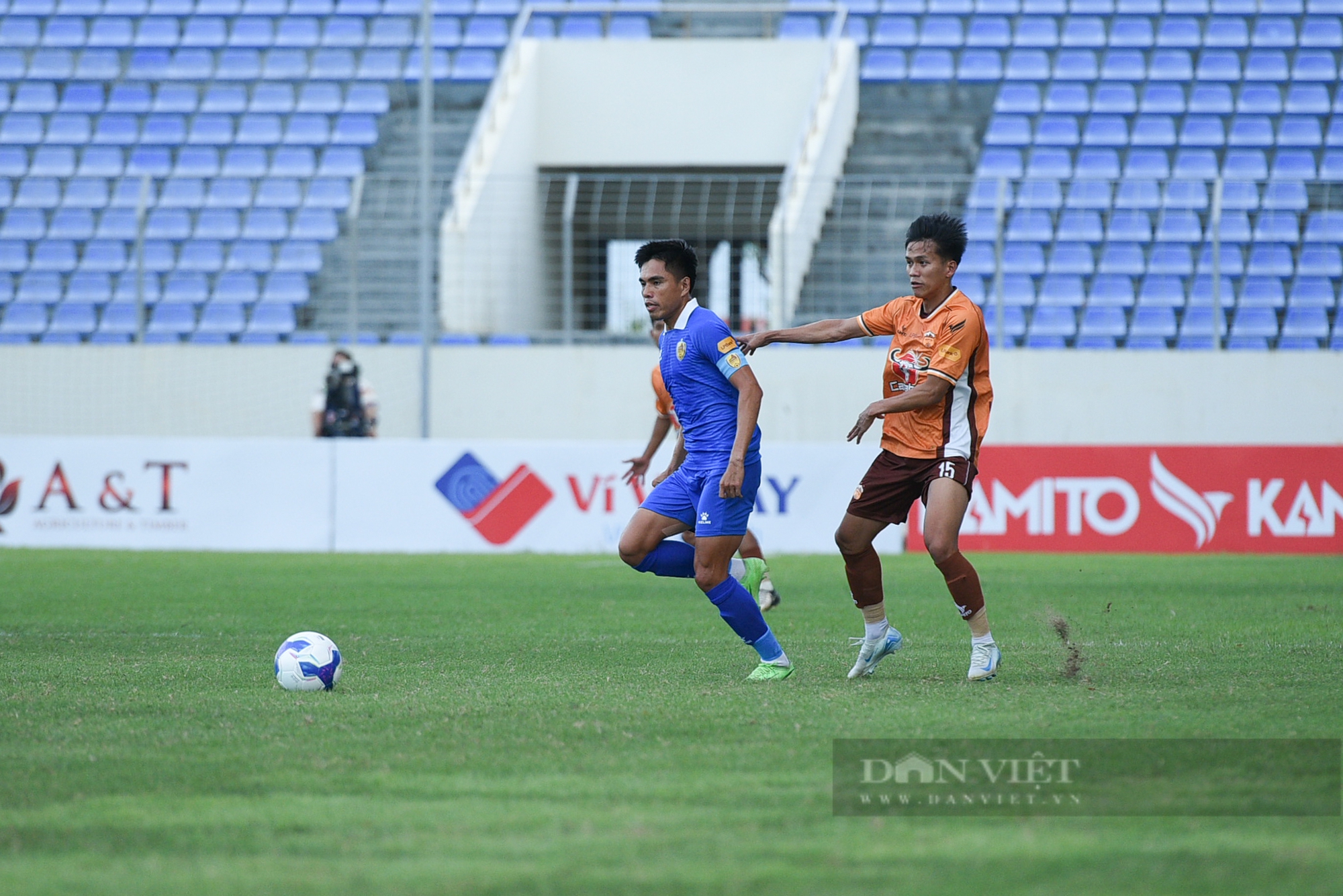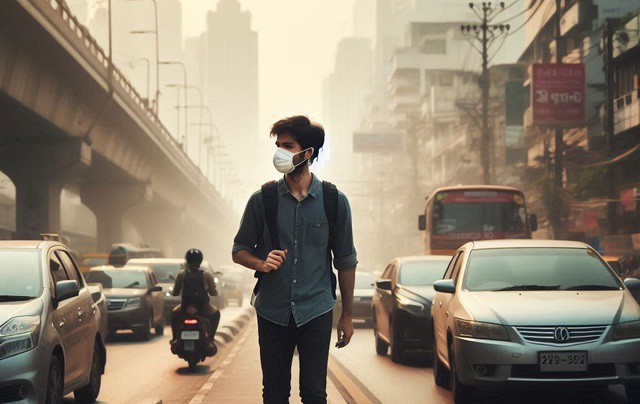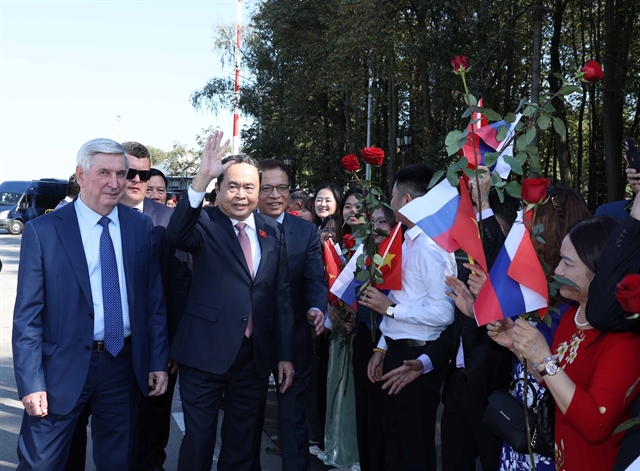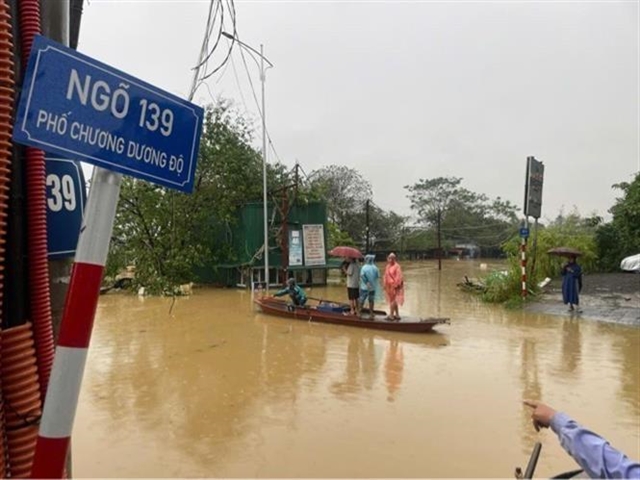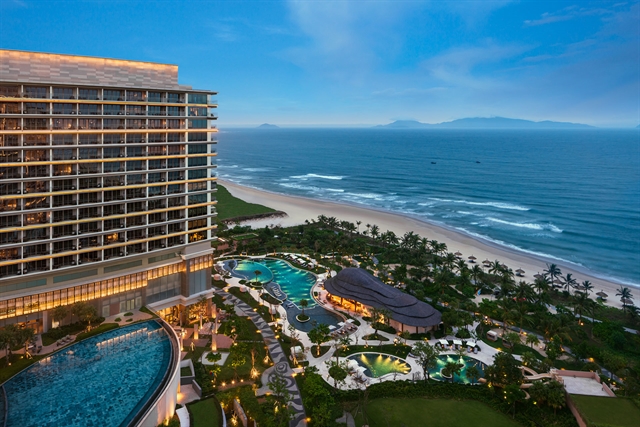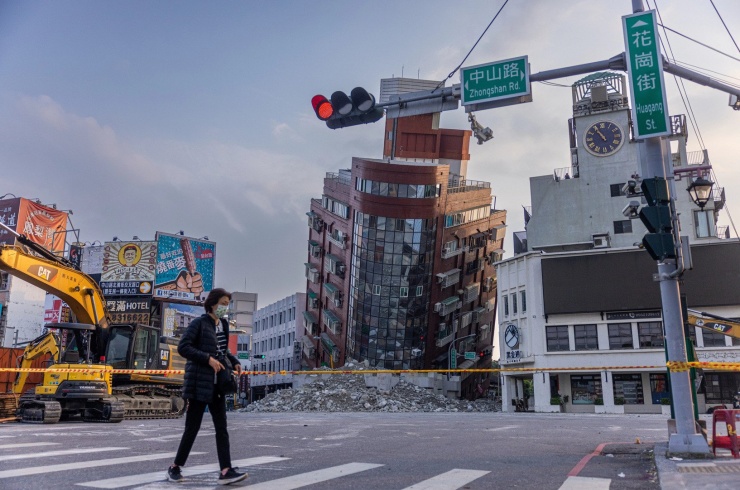▌Câu trả lời hay nhất
Vietnam's experience in managing,hoc may gia cong preserving and promoting cultural heritage can be shared with other countries around the world.

For the first time, Vietnam joins five UNESCO operational mechanisms at the same time: Member of the UNESCO Executive Council for the term 2021-2025, Vice President of the 42nd Session of the UNESCO General Conference, Vice Chair of the Intergovernmental Committee for the Protection and Promotion of the Diversity of Cultural Expressions for the term 2021-2025, Member of the Intergovernmental Committee for the Protection of Intangible Cultural Heritage for the term 2022-2026, and of the World Heritage Committee for the term 2023-2027.
Deputy Foreign Minister Ha Kim Ngoc, Chairman of the Vietnam National Committee for UNESCO, talked to the Vietnam News Agency in France about Vietnam's agenda to fulfill these functions.
What would Vietnam do to fulfill these responsibilities?
Recently, at the 42nd session of the UNESCO General Assembly, Vietnam was elected as the vice-president of the General Assembly, representing the Asia-Pacific region. It is the first time we have assumed such a role in UNESCO.
 |
| Deputy Foreign Minister Ha Kim Ngoc, Chairman of the Vietnam's National Commission for UNESCO speaks at the 42nd General Assembly. Photo: VNA |
This is important in many respects, confirming Vietnam's position and prestige in the world and the international community's confidence in Vietnam's ability to contribute to and manage the global multilateral mechanism following the 13th Party Congress on promoting and raising multilateral diplomacy.
As a representative of ASEAN and the Asia-Pacific group, the one with the largest membership, diverse levels of development, politics, culture, interests and priorities, Vietnam will continue to enhance national prestige and ability to grasp thoughts, harmonize the differences of interests among members, negotiate, lead and propose initiatives to build consensus and find satisfactory solutions to pressing issues of the Asia-Pacific region and UNESCO.
Vietnam will proactively participate in the solution of common concerns, which are policy proposals, promotion of UNESCO's leading role in multilateral cooperation in education-training, culture, science-technology, and information-communication, to maintain peace and respond to global challenges, support countries in advancing the implementation of sustainable development goals.
This means contributing to the realization of UNESCO's current key programs, such as UNESCO's Medium-Term Strategy for 2022-2029, Program and Budget for 2024-2025, Open Science, Ethics in the Creation of Knowledge, Education for Sustainable Development, Preserving and Promoting the Value of Cultural Heritage, Responding to Climate Change, among others.
It is also about innovating and reforming UNESCO, strengthening democracy, transparency and compliance in line with the general trend of multilateralism, and enhancing the organization's reputation.
Vietnam's positive and responsible contributions to promoting dialogue, cooperation and consensus and finding satisfactory solutions to issues of common concern in a complex international situation are recognized by the UNESCO leadership.
 |
| Vietnamese delegation to the 42nd General Assembly of UNESCO in Paris. Photo: VNA |
How has Vietnam contributed to UNESCO activities in the past?
After 47 years of cooperation, Vietnam has always been appreciated by UNESCO leaders as a dynamic and responsible member. UNESCO Director General Audrey Azoulay once said that Vietnam is a model of effective cooperation with UNESCO.
Since Prime Minister Pham Minh Chinh visited UNESCO Headquarters in November 2021 and Director General Audrey Azoulay visited Vietnam in September 2022, these visits have paved the way for the Vietnam-UNESCO Cooperation Agreement for 2021-2025. The Vietnam-UNESCO partnership has been raised to a more substantive and effective level, marking a new dimension of Vietnam's contribution to UNESCO.
First, for the first time, Vietnam will simultaneously play a role in five key operational mechanisms of UNESCO.
Second, the ability to contribute at a high level to shaping global strategic and policy issues is another achievement of Vietnam in UNESCO.
Third, Vietnam has successfully organized many important international events, such as the 50th anniversary of the World Heritage Convention, with the participation of the Director-General of UNESCO.
In particular, the International Conference on Promoting the Role of UNESCO Titles for Sustainable Development in Vietnam (held in Ninh Binh, July 2023) is the first UNESCO conference ever on this topic.
Fourth, Vietnam has 13 heritage elements inscribed by UNESCO from 2021 to date, showing the international community's appreciation of the value of Vietnamese national heritage and culture, honoring the intelligence and noble ideals of the Vietnamese people, contributing to UNESCO's efforts to preserve heritage and cultural values and promote sustainable and inclusive development.
 |
| Nguyen Dynasty woodblocks, inscribed on the UNESCO World Heritage List. Photo: Ngo Minh/The Hanoi Times |
What are the economic opportunities associated with heritage conservation?
Efforts to boost economic growth will not be taken at all cost. We will not sacrifice justice, social equality, cultural values, and environmental protection for simple economic growth.
Reconciling conservation and development, preservation and exploitation, and economic and cultural goals is a problem in all countries. Accordingly, it is necessary to ensure conservation for development, which is the process of "turning heritage into assets", while providing sustainability.
From foreign experience, it is necessary to raise awareness about the preservation and promotion of cultural heritage values; enhance Government management of cultural heritage by continuing to review and revise legal documents on cultural heritage; put the community and people as the central point and strengthen education.
Thank you for your time!



